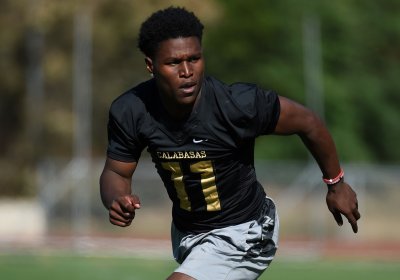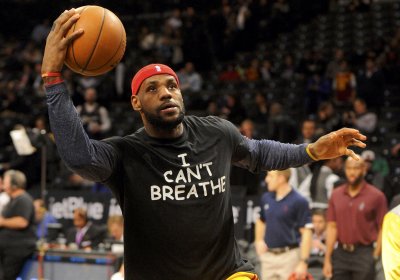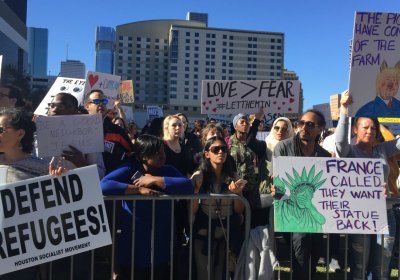The situation for Palestinian and Arab football (soccer) players in Israel, the West Bank and Gaza has, for some time, been dire.
On one side of Israel’s Apartheid Wall, within the formal borders of Israel, segregated youth teams, racist abuse, and heckling — including charming chants such as “Death to the Arabs” — are frequent. On the other, in the Palestinian territories occupied by Israel since 1967, checkpoint detention, jailings, and the bombing of stadiums have become regular features of what is supposed to be the people’s game.
Given the powerful role that football plays as a point of community cohesion in the West Bank and Gaza, this everyday violence feels like a full-frontal attack on civil society, normalcy and hope.











